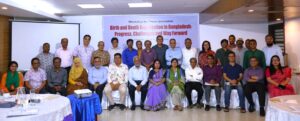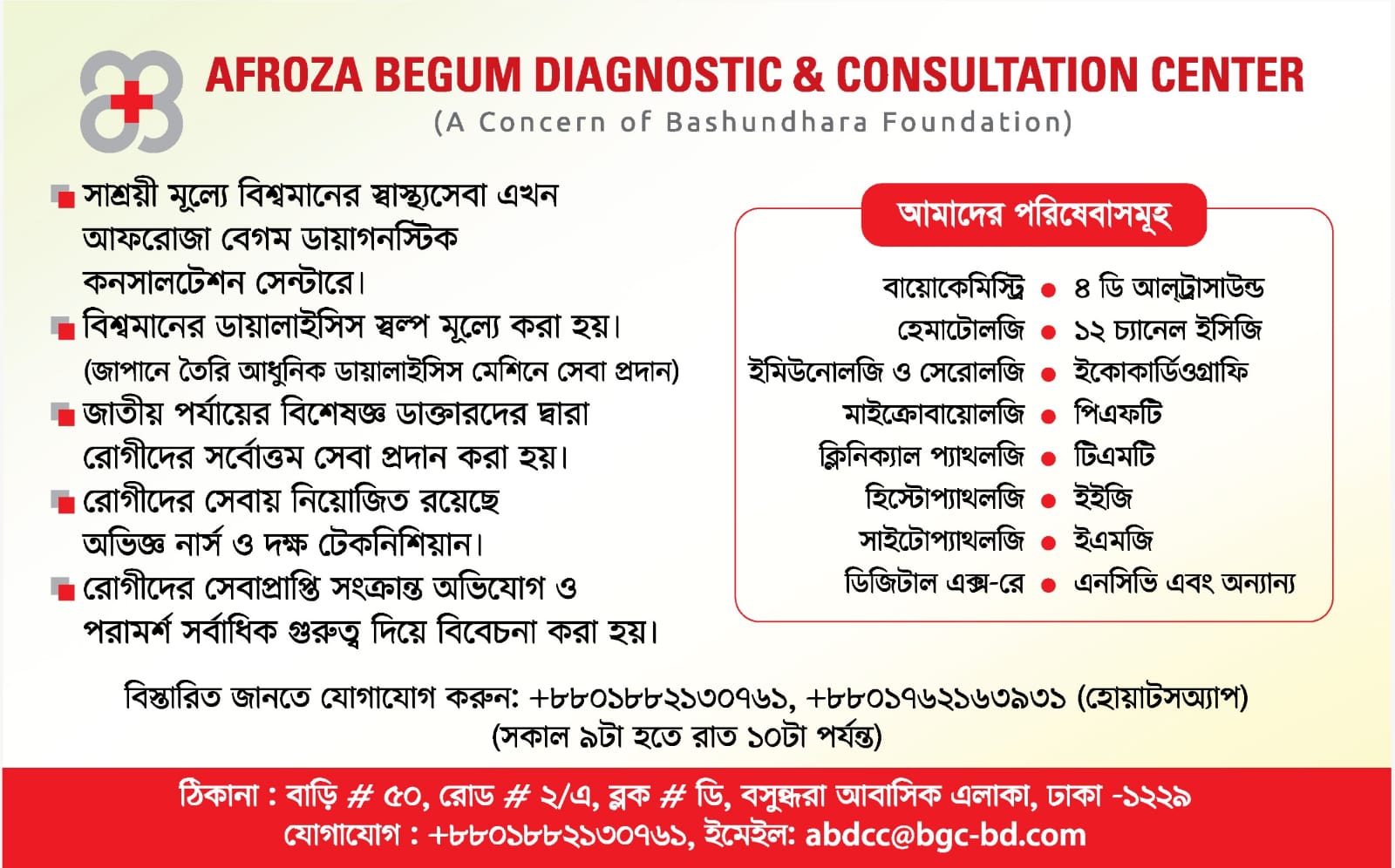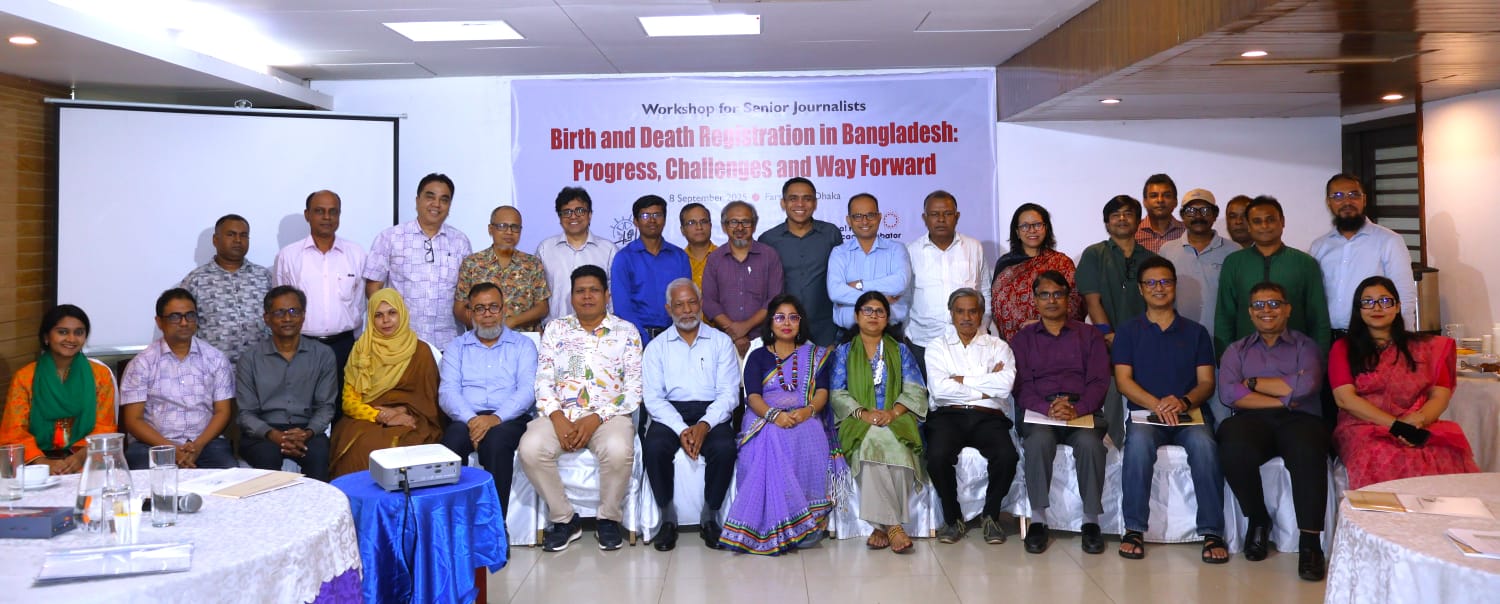
Staff Reporter : Although Bangladesh has made some progress in birth and death registration in recent years, the country still lags significantly behind global and regional averages. Currently, the rates of birth and death registration in Bangladesh stand at 50 percent and 47 percent, respectively, compared to the global averages of 77 percent and 74 percent. The Government of Bangladesh has committed to achieving universal birth and death registration by 2030. Experts emphasized that amending the Birth and Death Registration Act, 2004, to legally assign hospitals the responsibility of registration would accelerate this goal. They further noted that such reforms would also support the achievement of SDG target 16.9, which calls for legal identity for all, including birth registration.

These observations were shared today (8 September 2025, Monday) at a workshop for senior journalists on “Birth and Death Registration in Bangladesh: Progress, Challenges, and the Way Forward,” held at FARS Hotel and Resorts, Dhaka. The workshop was organized by PROGGA (Knowledge for Progress) with support from the Global Health Advocacy Incubator (GHAI). A total of 26 senior journalists from print, television, and online media houses participated in the workshop.
It was noted at the workshop that under the existing law, families are made responsible for reporting births and deaths to registrars while the role of the health sector remains optional. The speakers argued that legally mandating the hospitals to report births would automatically bring nearly 67 percent of children born within the health system under registration. Several countries across Asia and the Pacific region have achieved 100% or near-universal registration by adopting hospital-based registration systems.

Speakers stressed the need to strengthen existing legislation and ensure effective implementation. They identified low public awareness, shortage of manpower, technological limitations, complicated procedures, and weak coordination with the health sector as key obstacles to enforcement.

Muhammad Ruhul Quddus, Bangladesh Country Lead of GHAI, said, “It is imperative to amend the law urgently and legally bestow the responsibility of registration on health facilities to achieve universal birth and death registration by 2030.”
Birth and death registration is vital for every citizen. It safeguards fundamental rights such as citizenship, access to education, healthcare, inheritance, and voting. At the national level, it plays a crucial role in development planning, budget allocation, public health, and strengthening good governance.
Other discussants at the workshop included Md. Nazrul Islam, Country Coordinator, Vital Strategies; Liton Haider, Convener, Anti-Tobacco Media Alliance (ATMA); Nadira Kiran, Co-Conveners, ATMA; and ABM Zubair, Executive Director, PROGGA. The open discussion session was moderated by Mir Masroor Zaman, Chief News Editor at Channel I. Thematic presentations were delivered by Hasan Shahriar, Head of Programs, PROGGA, and Mashiat Abedin, Coordinator, PROGGA.

